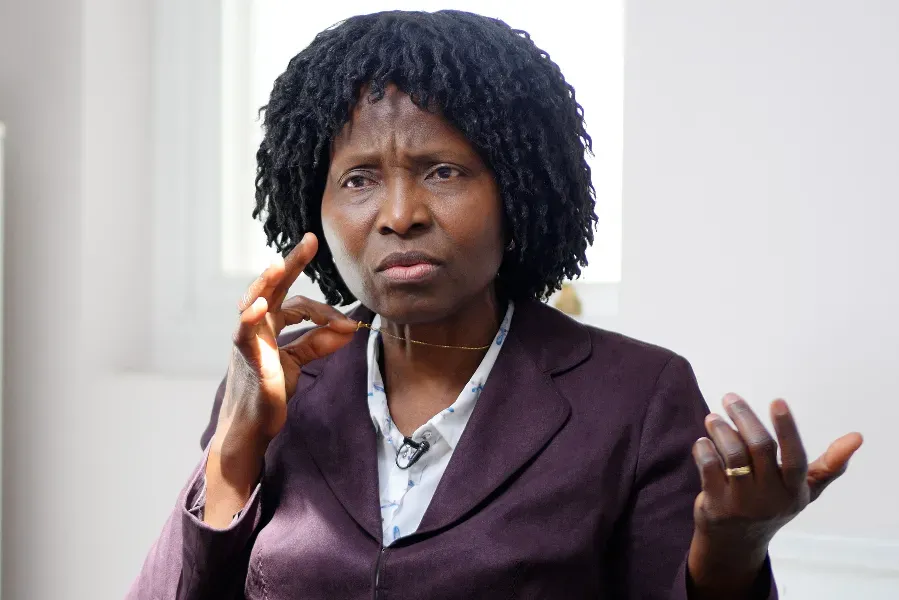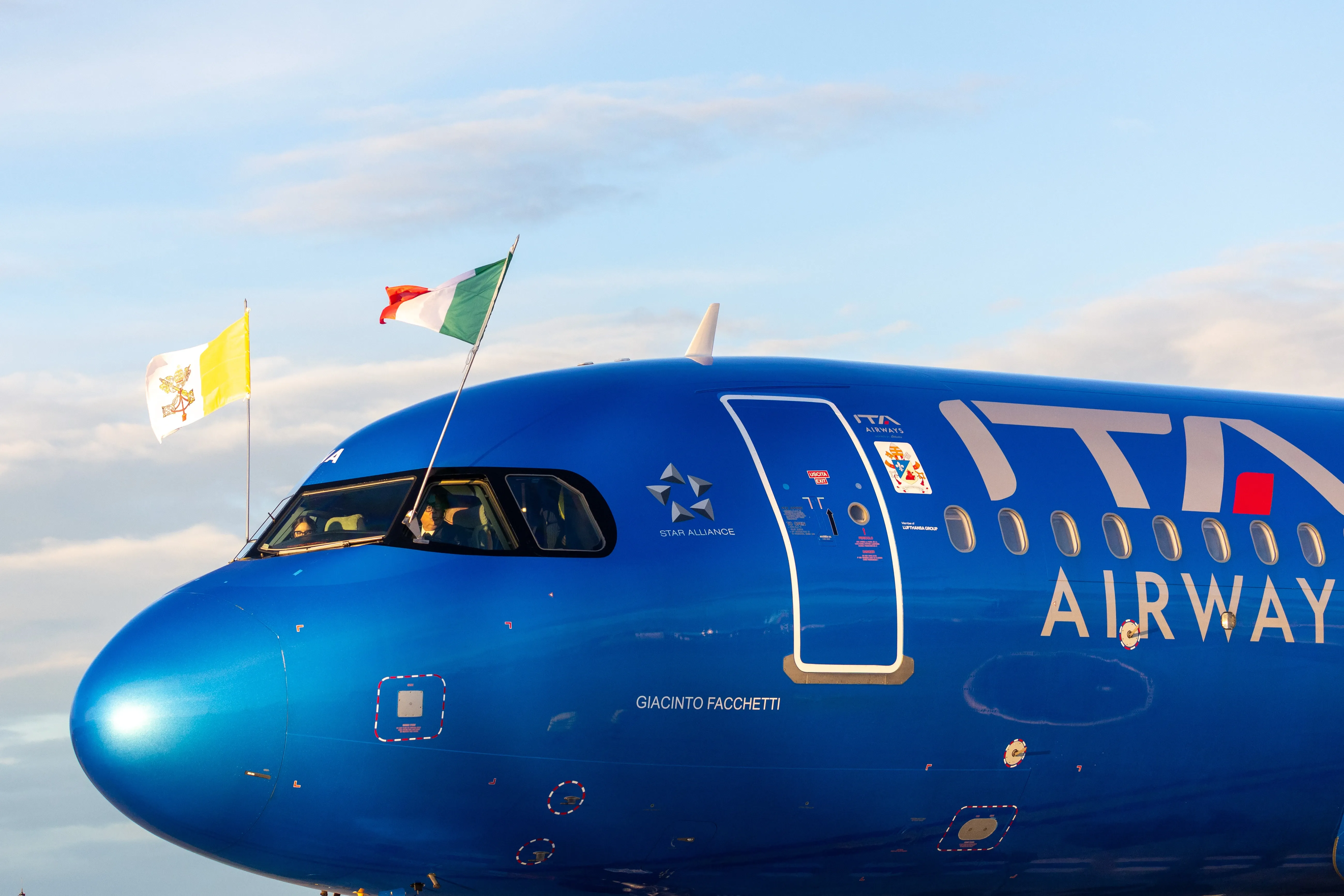At a hearing in October 2021, the trust argued that the cross necklace had presented an infection risk. But the tribunal concluded that the risk was “very low.”
It added that there was “no cogent explanation” of why religious head coverings such as hijabs and turbans were permitted under the dress code and uniform policy, but “a fine necklace with a small pendant of religious devotional significance is not.”
Christian Concern said that Onuoha, who was born in Nigeria and moved to the U.K. in 1988, was delighted and relieved by the ruling.
Andrea Williams, chief executive of the Christian Legal Centre, commented: “From the beginning, this case has been about the high-handed attack from the NHS bureaucracy on the right of a devoted and industrious nurse to wear a cross — the worldwide, recognized and cherished symbol of the Christian faith. It is very uplifting to see the tribunal acknowledge this truth.”
“It was astonishing that an experienced nurse, during a pandemic, was forced to choose between her faith and the profession she loves.”
“Any employer will now have to think very carefully before restricting wearing of crosses in the workplace. You can only do that on specific and cogent health and safety grounds. It is not enough to apply general labels such as ‘infection risk’ or ‘health and safety.’”
The U.K. has seen a number of high-profile cases of employers demanding that employees remove or cover cross necklaces.
In 2013, the European Court of Human Rights ruled in favor of Nadia Eweida, a Coptic Christian who was asked by her employer British Airways to cover up her white gold cross.
But the court declined to support Shirley Chaplin, a nurse who was told by the Royal Devon and Exeter NHS trust hospital not to wear a cross necklace, on health and safety grounds, that she had worn to work for 30 years.
“We are delighted that the tribunal have ruled in Mary’s favor and delivered justice in this case,” Williams said.








